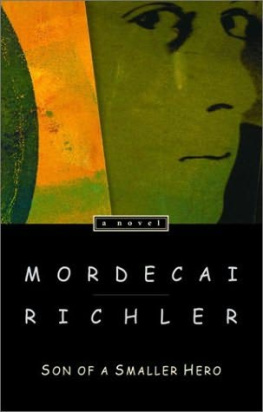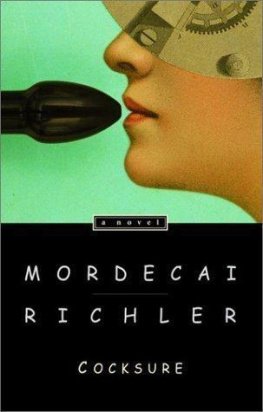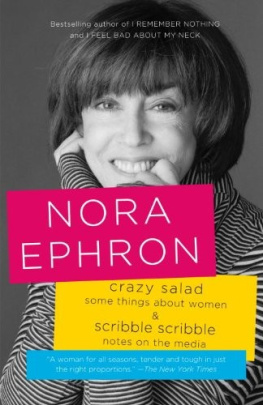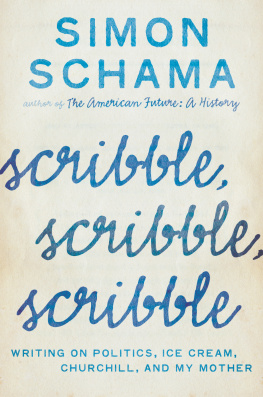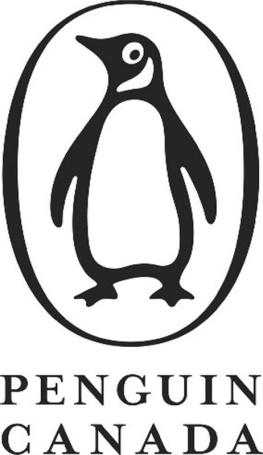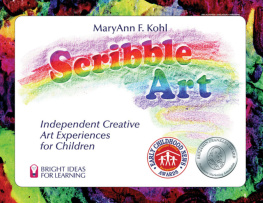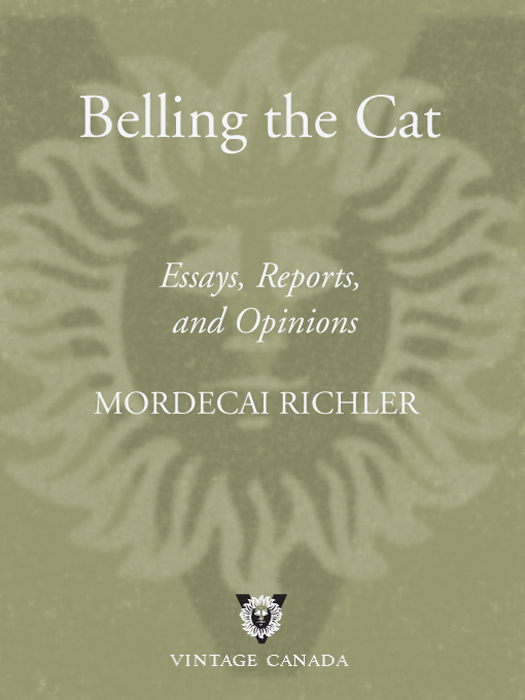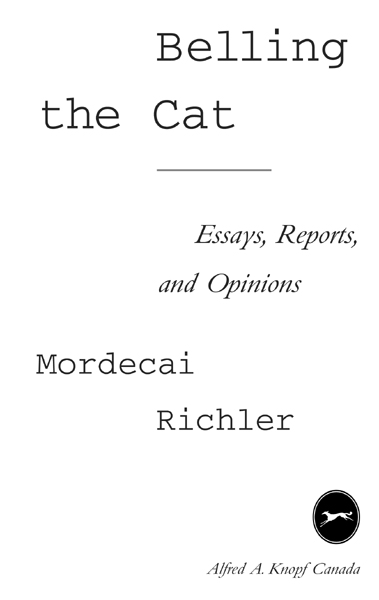ALSO BY MORDECAI RICHLER
NOVELS
The Acrobats
Son of a Smaller Hero
A Choice of Enemies
The Apprenticeship of Duddy Kravitz
The Incomparable Atuk (Stick Your Neck Out)
Cocksure
St. Urbains Horseman
Joshua Then and Now
Solomon Gursky Was Here
Barneys Version
SIORIES
The Street
ESSAYS
Hunting Tigers Under Glass
Shovelling Trouble
Home Sweet Home: My Canadian Album
Broadsides
CHILDRENS BOOKS
Jacob Two-Two Meets the Hooded Fang
Jacob Two-Two and the Dinosaur
Jacob Two-Twos First Spy Case
ANIHOLOGIES
The Best of Modern Humor
Writers on World War II
NON-FICTION
Oh Canada! Oh Quebec!
This Year in Jerusalem
PUBLISHED BY ALFRED A. KNOPF CANADA
Copyright 1998 by Mordecai Richler Productions Limited
All rights reserved under International and Pan American Copyright Conventions. Published in Canada by Alfred A. Knopf Canada, Toronto, in 1998. Distributed by Random House of Canada Limited.
Canadian Cataloguing in Publication Data
Richler, Mordecai, 1931
Belling the cat: selected essays and reports
eISBN: 978-0-307-36727-3
I. Title
PS8535.138A6 C814.54 C98-930039-0
PR9199.3.R53S44 1998
Richler, Mordecai, 1931
Belling the cat: selected essays and reports
I. Title
PS8535.138A6 C814.54 C98-932555-5
PR9199.3.R52A6 1999
v3.1
In memory of Nick Auf der Maur
19421998
Acknowledgements

I HAVE DIVIDED the pieces selected for this collection into categories that speak to most of my interests: books, sports, travel, and politics. For something like ten years I wrote a monthly column entitled Books and Things for GQ, and that column has yielded most of the book pieces included here, while others were commissioned by Saturday Night, the National Review, and the New York Times Book Review. My essay on Mark Twains The Innocents Abroad was commissioned as an introduction to that book by the Oxford University Press, but first appeared in the New Criterion. The sports pieces first appeared in Macleans, Inside Sports, and the short-lived New York Times quarterly magazine supplement on sports. The political articles were originally written for Saturday Night. I am grateful to Macleans, Saturday Night, the New Yorker, GQ, the National Review, Playboy, New Criterion, Oxford University Press, and the New York Times Book Review for permission to reprint these pieces here.
Writing for the Mags
I FEAR I BELONG to the last generation of novelists who could supplement their incomes, earning life-sustaining cigar and cognac money, by scribbling for the mags. Between novels, I have been writing for magazines in Canada, the United States, and the United Kingdom for more than forty years now. It is no longer a growth industry, like, say, CD-ROMS , whatever they are; e-mail; nutter TV chat shows in which moms who have been screwed by their daughters boyfriends are interviewed; talk radio; artists who spit mouthfuls of paint on their dipsy-doodle canvases for big bucks; blockbuster films that bring comic-book heroes to life, as it were; TV news documentaries (or, God help us, docudramas) that confirm everything you already knew; rock videos; and other modern horrors. So it is with an eye on history that I have compiled this collection of miscellaneous pieces that I wrote to support myself.
For openers, consider a list I have compiled of magazines of disparate quality for which I once wrote, which have expired long ago. In Canada, the Montrealer, New Liberty, Tamarack Review, Weekend, and the Star Weekly magazine. In the U.S., Show, Signature, the late Philip Rahvs Modern Occasions, New American Review, Inside Sports, Holiday, the New York Herald Tribunes Book World, and Life as it once was. In the U.K., Town, Books and Bookmen, Twentieth Century, Encounter, and London Life, the latter a promising magazine started by Mark Boxer and Francis Wyndham that unfortunately folded after only a few issues.
The first thing I ever published in a magazine, back in the early fifties, was an embarrassingly sentimental short story, which I have since kept out of print, that was accepted by the New Statesman. It earned me a cheque for twelve guineas, signed by the legendary Kingsley Martin, who was then the editor.
Kingsley Martin once stopped at the desk of a recently hired young deputy editor and told him how pleased he was with his work. The young deputy, seizing his opportunity, complained about how difficult it was for him to support his wife and newborn child on a salary of fifteen guineas a week. Good God, replied an astonished Martin, a lifelong socialist, havent you got a private income?
In 1956, rooted in a London bedsitter without a private income, broke, I borrowed money for a return air ticket to Toronto and managed to sweet-talk CBC-TV into commissioning me to write a couple of plays. Out on the town one night, I met Frank Rasky, then editor of New Liberty, a magazine I much admired because each article it printed came with a challenging beat-the-clock headnote saying how long it would take to read it: for instance, four minutes and thirty-two seconds, or whatever. Rasky advanced me $250 against an article about what it was like for a novelist to write for TV . I churned out what I considered to be an erudite, insightful piece about the problems of addressing a large audience. Rasky liked it. Im going to put your name on the cover, he said. Well call your piece How I Hate Writing for Those TV Slobs.
Alarmed, I asked for the piece back, pretending I wanted to tighten it, and fled his office never to return. Back in London, I was hounded for months by indignant letters from Rasky, each one signed Your Creditor, demanding his money back as well as reimbursement for the cost of printing a new magazine cover.
My Toronto money-grubbing excursion yielded a three-part piece about life in Canada for the London Spectator, which led to my becoming a more or less regular contributor, beginning with an assignment to turn out a monthly novel-review column. In those days, a reviewer could drop into the literary editors office, take home twelve novels, and select four or five for review, skewering the last one in a brutal sentence or two. But there was a perk. Every Thursday, a Fleet Street bookseller would make the rounds of reviewers homes and pay half the retail price in cash for the batch of twelve books. When the young Evelyn Waugh, wise beyond his years, was moonlighting as a reviewer, he usually insisted on the art books, which were the most expensive.


